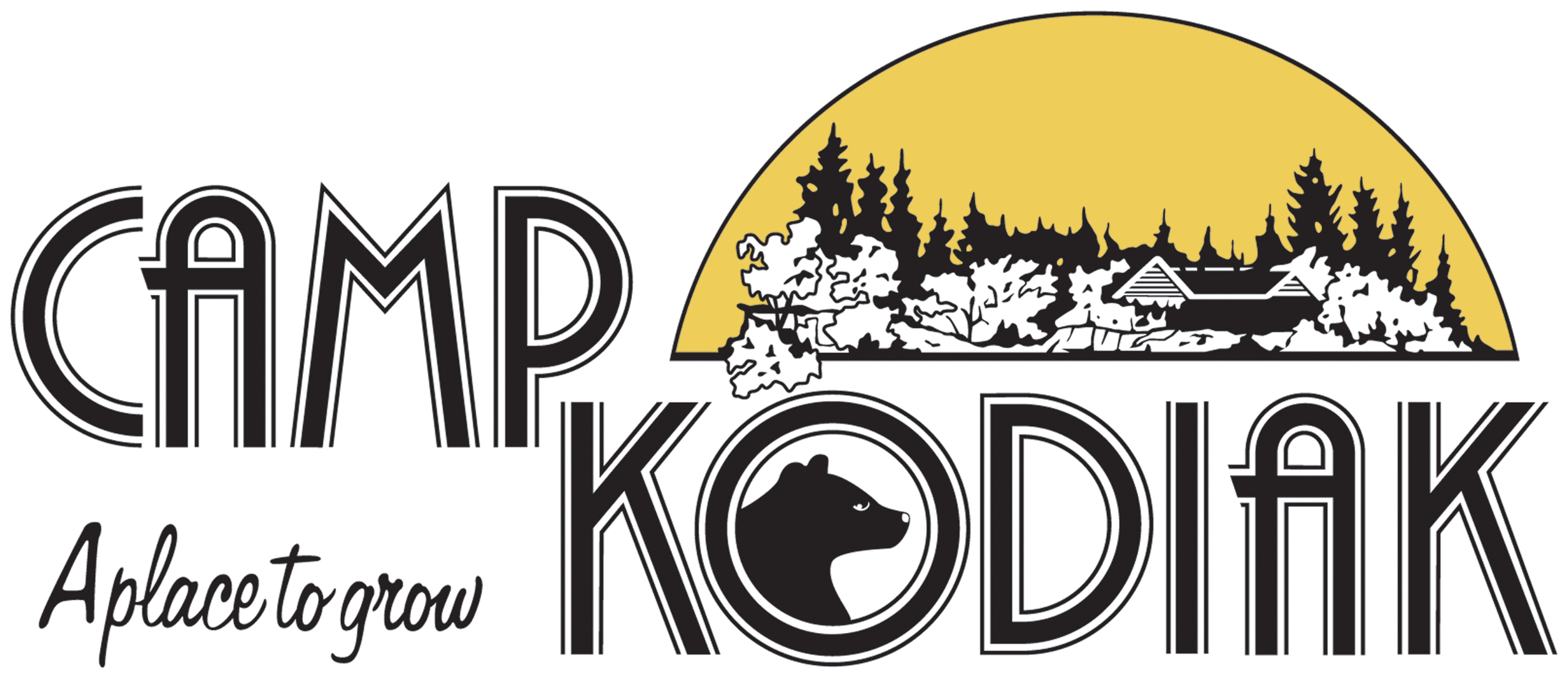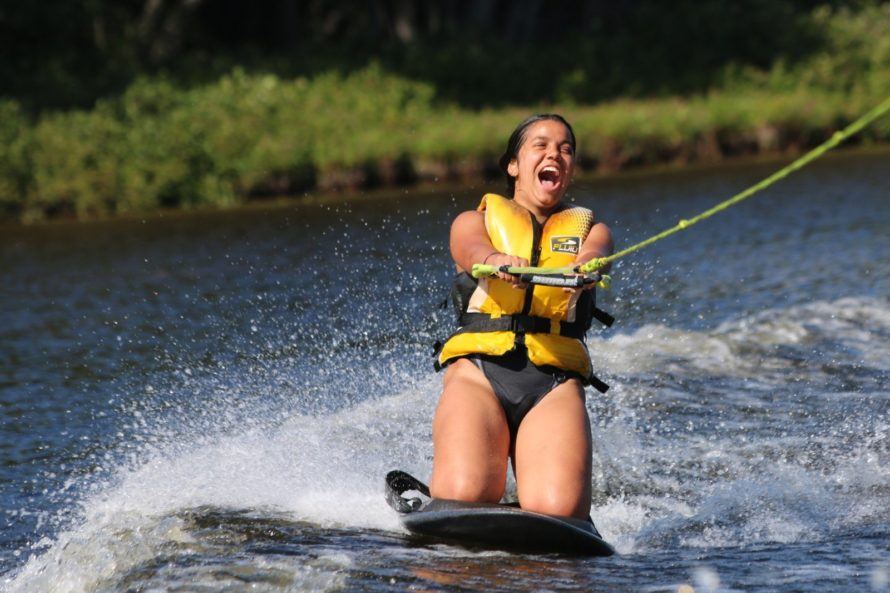Why summer camp is one of the best choices that parents can make for their child. (Part 1)
A few years ago, with funding from the Ontario Camps Association (OCA), researchers at the University of Waterloo set out to examine the outcomes of the Canadian summer camp experience and answer the question, “What are the benefits of a child attending summer camp?”. As a long-time camp counsellor and camp administrator, I was not surprised to read that summer camp presents a unique opportunity for exponential growth in children. In this study, titled The Canadian Summer Camp Research Project, summer camp was found to promote positive change in five key areas of development:
1. Social Integration and Citizenship
2. Environmental Awareness
3. Attitudes Towards Physical Activity
4. Emotional Intelligence
5. Self-Confidence and Personal Development
At Camp Kodiak we see each of these areas in action every day of the summer. Indeed, one of our slogans is that camp is “a place to grow”. Ultimately, when unpacking the growth in each of these key areas, we can see that summer camp is one of the best choices that parents can make for their child.
Over the next 5 blog posts I will explore each of these five keys areas and why choosing Camp Kodiak can be your child’s place to grow.
- Social Integration and Citizenship
In referencing social growth, The Canadian Summer Camp Research Project comments that “camp offers a distinct environment for social development” (Glover, 2011). At Camp Kodiak, this is the category that we focus on the most. Social skill development, the ability to make and keep friends and building the skills to navigate a social world, are common goals that our parents reference when embarking on a summer at Kodiak. We achieve these goals through an integrated social skills program. In other words, we embed social skills teaching and learning into everything that we do at camp.
One of the ways that we achieve social skills growth is through removing competition. We don’t focus on keeping score. Even skill development – something that is very important in our programming – comes second to working on social skills development. So when we go to soccer, rather than seeing who is the best striker, we work on how to be the best teammate. How can you go out and have fun with your cabinmates, while also helping them have fun? By removing the competitive factor, we allow our campers to focus on having fun with their friends. While this might seem like a simple concept, it is one that without some instruction, can go overlooked in a busy, tech-driven world. At the end of an activity, when a camper asks a counsellor who won, every counsellor will respond with the same question: “Did you have fun?”. When a camper answers “Yes”, the counsellor can say, “Then you won”. At the end of an activity, when a camper asks a counsellor who won, every counsellor will respond with the same question: “Did you have fun?”. When a camper answers “Yes”, the counsellor can say, “Then you won”.
In teaching social skill development, one thing that we do differently from almost any other camp in the world is configure our staff team with an eye towards maturity, professionalism and the ability to be a great role model. We don’t hire high school students to be our counsellors. Our youngest staff are university or college age, and in every cabin we have at least one professional that works in the fields of education or child development: a teacher, child and youth worker, recreation specialist, social worker, etc. These adults are able to be effective camp counsellors, but they are also able to be greal social role models because they have had a chance to develop their own social skills. I will submit that it is unfair of a camp to expect 15- or 16-year-old counsellors to supervise the social skill development of a younger camper because at that point in their lives they are still working on completing their own social skill development. At Kodiak, our older, adult staff can provide the guidance that our campers need.
Our cabins walk together and eat together as family units, with their own counsellors. Those same counsellors live and sleep in the cabin with their cabin group. In short, there is always someone nearby to help a camper navigate social situations.
Our campers are also supervised 100% of the time. Our staff are always around and are ready and willing to jump in when needed to provide guidance through difficult social situations. At Kodiak we know that down times – walking to activities, mealtimes, getting ready for bed at the end of the night – are when the most socialization occurs. Unfortunately, at most camps this is when campers are least supervised. Campers are left to walk to activities alone. Staff eat at a different table and sleep in a different cabin. This is also when bullying often occurs at other campers – when the campers are the least supervised. At Kodiak these are the times when our staff are the most present and helpful. Our cabins walk together and eat together as family units, with their own counsellors. Those same counsellors live and sleep in the cabin with their cabin group. In short, there is always someone nearby to help a camper navigate social situations.
After camp has ended we love to hear stories about how campers are keeping in touch with each other, connecting more easily with peers in their classrooms and socializing outside of school with friends and family. These are the same campers who had struggled to even have one consistent friend before their camp session. Kids want to have friends; they want to be liked. As a parent, sending a child to camp is a decision that will help that child build and develop the skills necessary to establish those friendships.
Read the other sections of this blog series:
Part One – Social Integration and Citizenship
Part Two – Environmental Awareness
Part Three – Attitudes Towards Physical Activity

